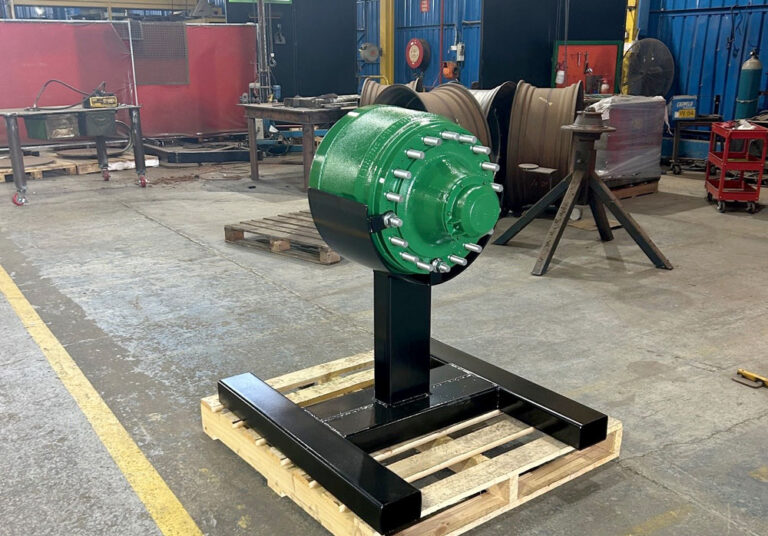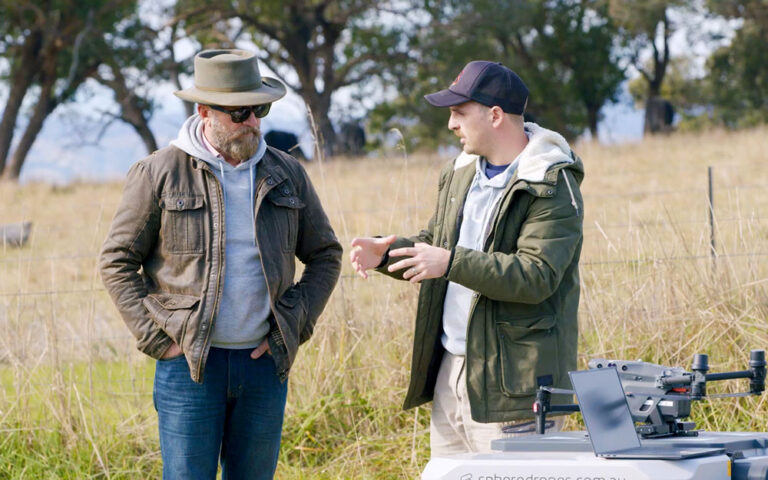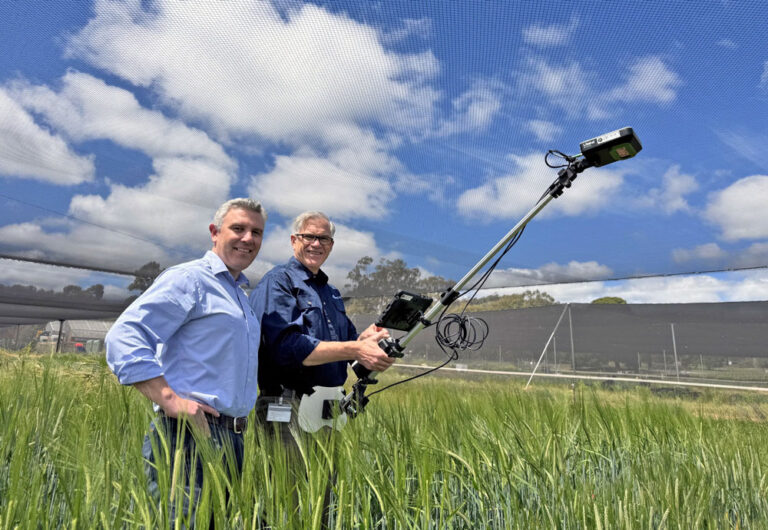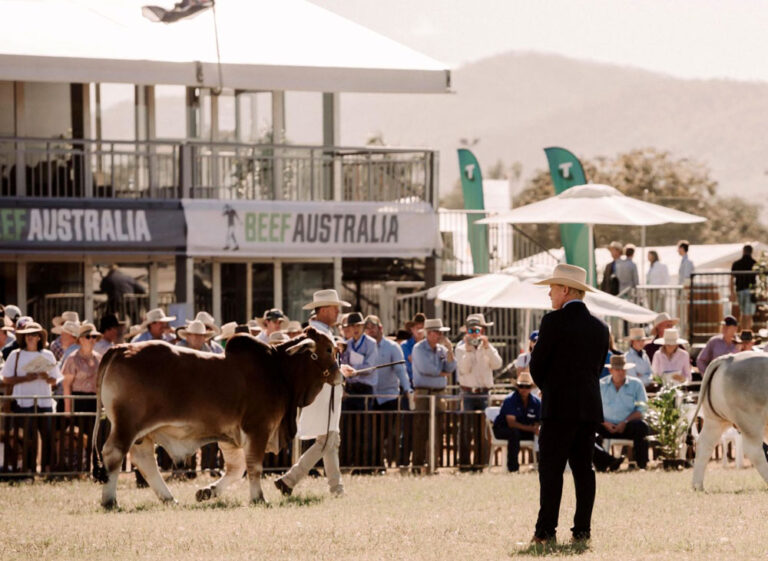Voters have dropped their guard this federal election and given a mandate of power that is about to have superannuants taking the first hit

With the Albanese government firmly in charge of the lower house of Representatives, and likely to get almost every bill passed in the upper house Senate with the help of the Greens, it has some analysts scared of a Robin Hood approach to government about to unfold.
One very early leaning of taking from the rich and giving to the poor is unfolding quickly with the federal treasury about to slug the top 0.05% of superannuants with an extra 15% tax. Once the bill is passed.
And while the suffering top 0.05% of superannuants will take the hit without much sympathy from the greater majority with smaller balances, the bill holds two barbs that will eventually affect their hip pocket moving forward.
Barb one, is that the $3 million balance is not indexed, and therefore, the legislation will eventually capture a greater number of participants than the current 0.05% of superannuants.
While barb two, will cut the deepest and possibly change the way taxes are applied to all assets moving forward, with any amount over $3 million taxed as unrealised capital gains.
This fundamentally means that the superannuants will be taxed on the paper profits they haven’t yet accessed. A very difficult set of circumstances for superannuants who have property as their main asset, as it may have to be sold.
If this bill is passed with a tax on unrealised capital gains, it’s a barb that could be used to great effect in many other tax situations.

How the experts see the Super tax playing out
According to CPA Australia’s superannuation lead Richard Webb, the federal government’s planned extra tax on super balances above $3 million will eventually impact a greater number of people than the top 0.05% that is currently being acknowledged.
“The principal device to manage bracket creep is indexation. However, the government’s proposal to not index the $3 million cap has thrown the arbitrary application of indexation into stark relief,” Richard explains.
“The government cannot underestimate the impact of inflation on superannuation. The cumulative effect of inflation means that a dollar today has the same purchasing power as approximately $0.34 in 1985. This reduction highlights the necessity of preserving the spending power of superannuation savings over one’s working life.
“Bracket creep is already having a silent eroding effect on personal finances. Allowing this further erosion of superannuation savings is contrary to the fundamental principles of our tax system.”
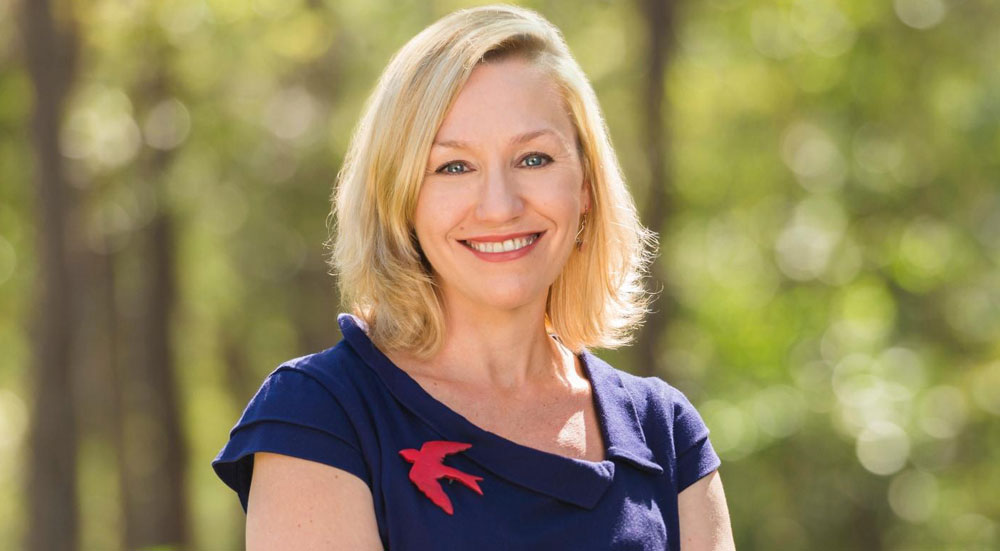
Richard Webb added that it’s wrong for the issue to be portrayed as older Australians protecting their wealth.
“$3 million will not represent anywhere near the spending power it has today. As awareness of this issue grows, there is a growing realisation that this will not be a fair system for future generations,” Richard adds.
“Even an average earner will go on to have more than $3 million in superannuation by the time they retire. It’s simply inconceivable to think that a young Australian today will see a proportion of their retirement savings taxed at a rate of 30%.
“Policy changes of this nature should be consistent with the legislated objective of superannuation. This measure appears to be driven primarily by budget repair, rather than a comprehensive approach to retirement savings policy.
“Today’s policymakers have a duty to ensure that the spending power of future retirement savings is preserved.
“Maintaining the trust and confidence of younger Australians will become harder as the benefits of today’s superannuation system are whittled away for future generations.”

Responding to the recent media discussion on the government’s plan to tax unrealised gains on superannuation funds, Richard Webb offers this advice. “Taxing unrealised capital gains is a fundamental breach of Australian tax principles. CPA Australia does not support this.
“Australia’s tax system is built on the principle that tax is paid on income once it is realised, when it is actually received.
“Taxing unrealised capital gains would mean taxing people on the paper profits they haven’t yet accessed, which is not only inequitable but also administratively burdensome. CPA Australia believes this approach is inconsistent with good tax design and could have significant unintended consequences for investment and confidence.
“If this precedent is set, where are the limits. Opening this Pandora’s Box could ultimately lead to the imposition of capital gains tax on other assets and investments, even if today’s policymakers insist otherwise.
“It is not fair, and not healthy for the economy, if individuals are pushed into selling their investments to avoid paying tax on a hypothetical profit,” Richard Webb concludes.


